Littérature

Les cours de préparation aux œuvres au programme en littérature sont assurés par des spécialistes de chaque auteur et de chaque période.
Les cours sont répartis en cours magistraux (CM) et travaux dirigés (TD), permettant aux étudiant.e.s d’acquérir des connaissances théoriques, puis de les mettre en pratique. Afin de mieux gérer le travail des étudiant.e.s, les œuvres sont traitées de façon échelonnée tout au cours de l’année (les œuvres d’option pour l’oral sont ainsi traitées au 3e trimestre).

Programme de littérature pour l'agrégation externe (2025-2026)
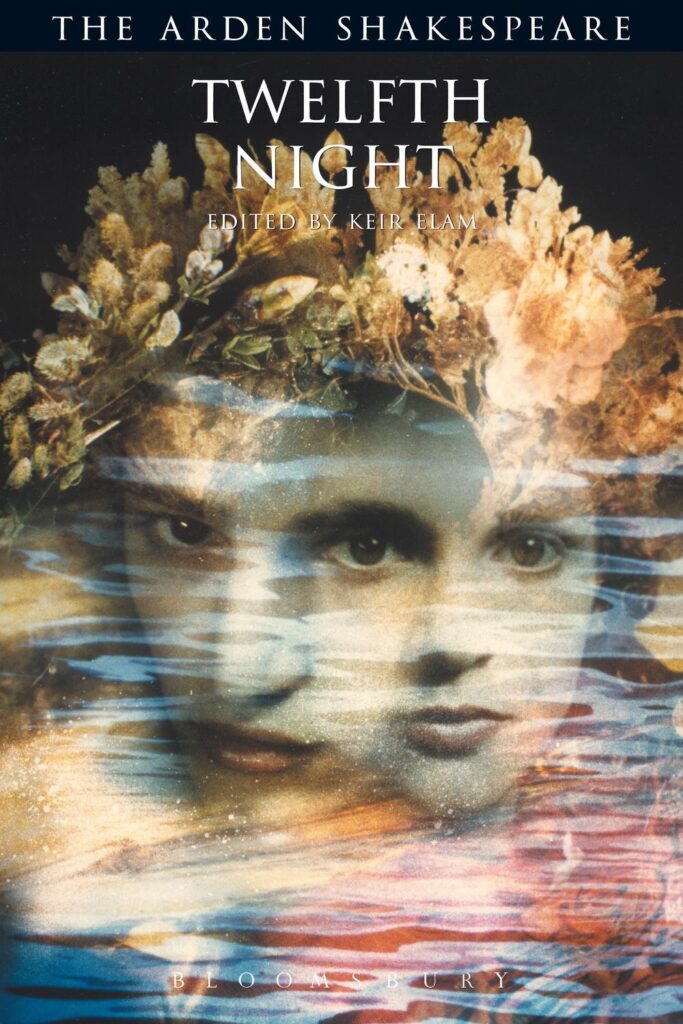
William Shakespeare, Twelfth Night; Or, What You Will
Cours assuré par Yan Brailowsky.
Lisez la pièce dans l’édition au programme et visionnez une ou deux versions. Lisez attentivement l’introduction de K. Elam et les éléments bibliographiques indiqués infra. Il ne faut pas faire plus : le plus important est une bonne connaissance de la pièce et des notes de bas de page de l’édition au programme, avec une compréhension des effets proprement théâtraux de la pièce. D’autres lectures critiques ne sont pas utiles à ce stade de votre préparation.
Éditions de la pièce
- Shakespeare, William. Twelfth Night. Edited by Keir Elam. Arden Shakespeare, Third Series. London: A&C Black, 2008. Édition au programme.
- Donno, Elizabeth Story, ed. Twelfth Night. Twelfth Night. 2nd ed. The New Cambridge Shakespeare. Cambridge, UK: Cambridge University Press, 2004.
Ouvrages critiques généralistes
- Potter, Lois. Text & Performance Twelfth Night. Houndmills, Basingstoke: Palgrave MacMillan, 1985.
- Shakespeare, William. Twelfth Night, or, What You Will: Texts and Contexts. Edited by Bruce R. Smith. Bedford Shakespeare Series. Boston: Bedford/St. Martin’s, 2001.
Sélection d’adaptations filmées
- Twelfth Night. Shakespeare’s Globe, 2014. Réal. Tim Carroll.
- Twelfth Night or What You Will. Renaissance Films, BBC Film, Circus Films, 1996. Réal. Trevor Nunn.
Laurence Sterne, The Life and Opinions of Tristram Shandy, Gentleman
Cours assuré par Sylvie Kleiman-Lafon
The first (and perhaps the only) thing you must do over the summer is to read Tristram Shandy. It is quite long and inherently difficult to follow (at times), so reading it slowly but entirely is a prerequisite. It is easy to get lost in Tristram Shandy: it was precisely written to puzzle the reader.
While you read, you may want to start noting down quotations that you think are relevant/interesting/obscure in a notebook (either on paper or on your computer according to your preference, but bear in mind that writing by hand is a good way to memorise things). Always note the page number for each quotation.
You may also want to keep track of what each chapter is about and note the outline of the novel, chapter by chapter (also note any oddities such as a missing chapter, a change of font, etc.). Note the main digressions as well (although this may seem like a promethean task).
Note that an audio book of Tristram Shandy is available on AUDIBLE.
Further reading
Apart from reading (and/or re-reading) the novel itself, I strongly advise you to have a look at two brilliant adaptions:
A film: Tristram Shandy, a Cock and Bull Story by Michael Winterbottom (2005), 1h34min. Enticing
trailer here.
A graphic novel, by one of the best contemporary British political cartoonists: Martin Rawson, The Life and Opinions of Tristram Shandy, Gentleman (1996; Self Made Hero, 2010). Another enticing trailer (with an interview of Martin Rawson) here.
Quite honestly, this is the best Tristram Shandy starter-pack I can think of.
You can also have a look at the brilliant resources of the Shandy Hall website, here. (Sterne’s house turned into a museum and managed by the Laurence Sterne Trust)
If you really want to ruin your summer, and if you don’t trust me when I say that reading Tristram Shandy twice is far more useful than reading a list of secondary sources on the novel, and/or if you are not that familiar with the eighteenth-century novel, you can have a look at:
Sussman, Charlotte Eighteenth-Century English Literature (Oxford: Wiley, 2013)
Keymer, Thomas, Sterne, the Moderns, and the Novel (Oxford: OUP, 2002)
Williams, Helen, Laurence Sterne and the Eighteenth-Century Book (Cambridge: CUP, 2021).
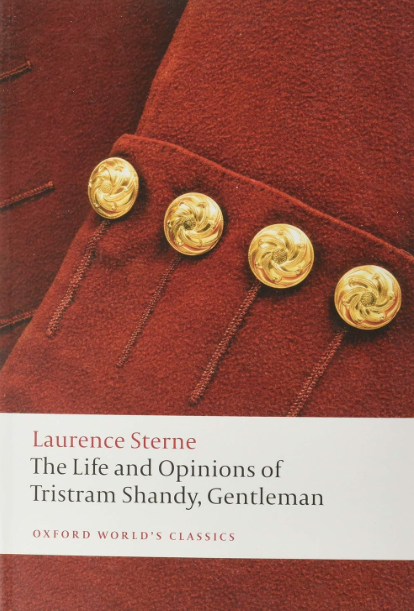
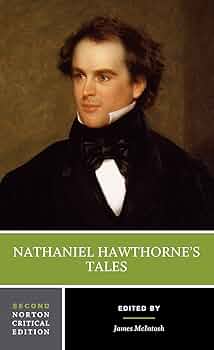
Nathaniel Hawthorne, Nathaniel Hawthorne's Tales
Cours assuré par Pauline Pilote.
En cours de rédaction.
Mark Twain Adventures of Huckleberry Finn
Cours assuré par Benoît Tadié (roman) et Anne-Marie Paquet-Deyris (film)
- Commencer à maîtriser le glossaire de termes filmiques suivant :
A GLOSSARY OF FILM TERMS
- Analog: A film or sound recording process in which the electromagnetic output varies as a continuous function of the input, creating degradation as the signal is reproduced. In other words, each time you copy something analog, its quality goes down.
- Aperture: The opening in the camera lens that determines how much light will pass through.
- Art director: The person responsible for the design and overall physical appearance of the world in which the actors appear. For larger, more ambitious productions, this figure is now frequently called the production designer.
- Axis of action: An imaginary line that extends the path in which a character or object is moving. If one camera is on one side of the line and another is on the other side, cutting from one camera to another will make the person or object appear to change direction.
- Bird’s eye view: A high angle shot from a camera located directly overhead at a distance – sometimes taken from a crane or helicopter. A shot from this angle allows the audience a wider view, providing more information than the characters involved in the scene possess.
- Bridging shot: (1) A shot that connects two scenes in a film separated by time or place; (2) A shot from a different angle or distance that connects two similar shots in the same scene.
- Cinéma vérité: Documentary shooting method in which the camera rules. The term applies to a genre of documentary films that strive for immediacy, spontaneity, and authenticity through the use of portable and unobtrusive equipment and the avoidance of any preconceived narrative line or concepts concerning the material. See direct cinema.
- Close-up: A shot in which the camera seems to be very close to the subject. The head of a person, a small object, or part of an object fills the screen. The close-up is effective for conveying to the audience a character’s emotions, reactions, and state of mind.
- Continuity: Maintaining a consistent and unobtrusive progression from shot to shot in terms of screen direction, lighting, props, and other production details. For example, you want to make sure you don’t have a pot next to the sink in one shot, gone in the next one, and then back again in a third.
- Continuity person: See script supervisor.
- Cue: To prepare an audio or video source for a precise start at some predetermined point.
- Cue sheet: A log with the soundtracks in columns that indicate to the sound engineer, during dubbing, where certain sounds come in and how they are to be treated when he or she is combining them into a single track.
- Cut: An instant change from one video source to another.
- Cutaway: Shot that momentarily takes the viewer away from the main action.
- Didactic: Intended to teach – in particular having moral instruction as an ulterior motive. It’s generally not a compliment to call a film didactic.
- Digital: A film or sound recording process that uses discrete on and off steps so that individual elements of picture or sound can be controlled and material can be reproduced without degrading the signal.
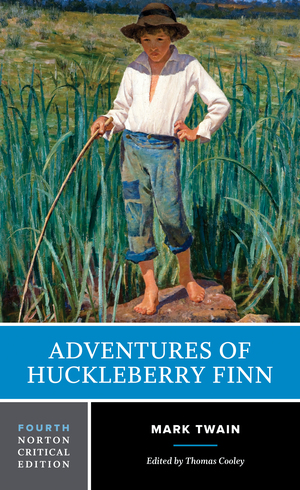
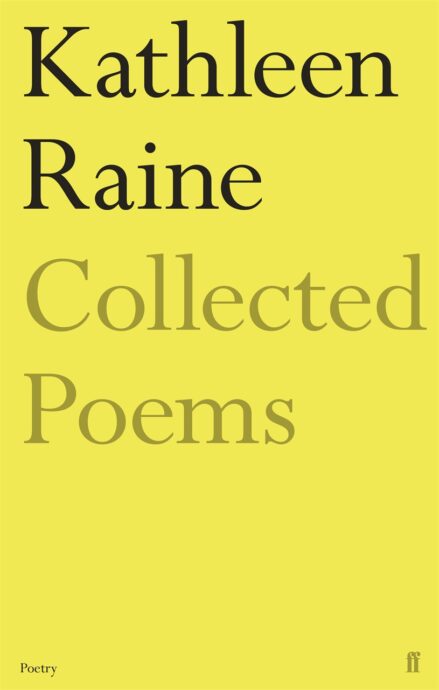
Kathleen Raine, Collected Poems
Cours assurés par Olivier Hercend.
Lisez les poèmes au programme: The Year One en entier, On a Deserted Shore 1-12, 121-130 , plus Light Over Water (p. 281-282) ; The Presence (p. 287) Fire (p. 309-310) ; London Dawn (p. 311-312) ; All this (p. 315-316) ; Poppy Flower (p. 320-321), et peut-être quelques repères biographiques. Ne vous lancez pas dans des lectures critiques à ce stade, mais familiarisez-vous avec les sources de Raine: Yeats et Blake notamment. L’important sera votre capacité à analyser de la poésie, plus que vos connaissances spécifiques sur Raine.
[option oral] Virginia Woolf, Orlando: A Biography
Cours assuré par Naomi Toth.
- Lecture de l’ouvrage dans l’édition retenue pour le concours :
Orlando: A Biography [1928]. Londres, Vintage Classics Woolf Series, 2016.
Après une première lecture rapide pour en saisir la structure générale et les éléments saillants du récit, prenez des notes plus précises sur les procédés narratifs et les caractéristiques stylistiques de l’ouvrage, ainsi que sur les thèmes, images, et motifs récurrents.
- Je vous conseille la lecture des journaux de Woolf pendant l’écriture d’Orlando [les entrées de septembre 1927 à mars 1928] ainsi que les entrées pendant les mois qui suivent la publication, où elle note ses réactions à sa parution et à sa réception. Vous pouvez également lire ses lettres de cette période, ainsi que sa correspondance avec Vita Sackville-West.
- Les essais de Woolf sont une mine d’or pour comprendre sa pensée littéraire. Il est difficile d’en faire une sélection, néanmoins je vous conseille les essais suivants en particulier, qui sont pour la plupart disponibles gratuitement sur Internet Archive :
o Mrs Bennett and Mr Brown (Collected Essays, vol. 1)
o Modern Fiction (Collected Essays, vol. 2)
o How it Strikes a Contemporary (Collected Essays, vol. 2)
o Craftsmanship (Collected Essays, vol. 2)
o The Art of Biography (Collected Essays, vol 4)
o The New Biography (Collected Essays, vol. 4)
Il serait également utile de connaître la structure et les arguments principaux de A Room of One’s Own (1929). Si vous en avez le temps, la lecture de cet essai est réjouissante.
- Vous pouvez profitablement regarder les trois films les plus connus qui se sont appuyés sur Orlando ou sur l’histoire de son écriture :
– Sally Potter, Orlando (1993)
– Chanya Button, Vita and Virginia (2019)
– Paul B. Preciado, Orlando: ma biographie politique (2024)
Consultez la bibliographie compilée par Anne Besnault et publiée sur le site de la SAES :
https://saesfrance.org/bibliographies-pour-le-programme-de-lagregation-de-la-session-2025/
Choisissez quelques articles sur des questions différentes et lisez-les en prenant des notes.
Je vous signale également la parution récente du manuel sur l’ouvrage, signé par Nicolas Boileau et Juliana Lopoukhine et publié chez Atlande en 2025, ainsi que l’ouvrage Orlando: A Biography. Affirming Liberty, dir. Marie Laniel et Naomi Toth, Presses universitaires de Paris Nanterre, 2025, qui comprend 10 chapitres rédigés par 10 spécialistes de l’œuvre de Woolf, qui vous permet de situer l’œuvre au sein des approches critiques actuelles. Choisissez quelques articles sur des questions différentes et lisez-les en prenant des notes.
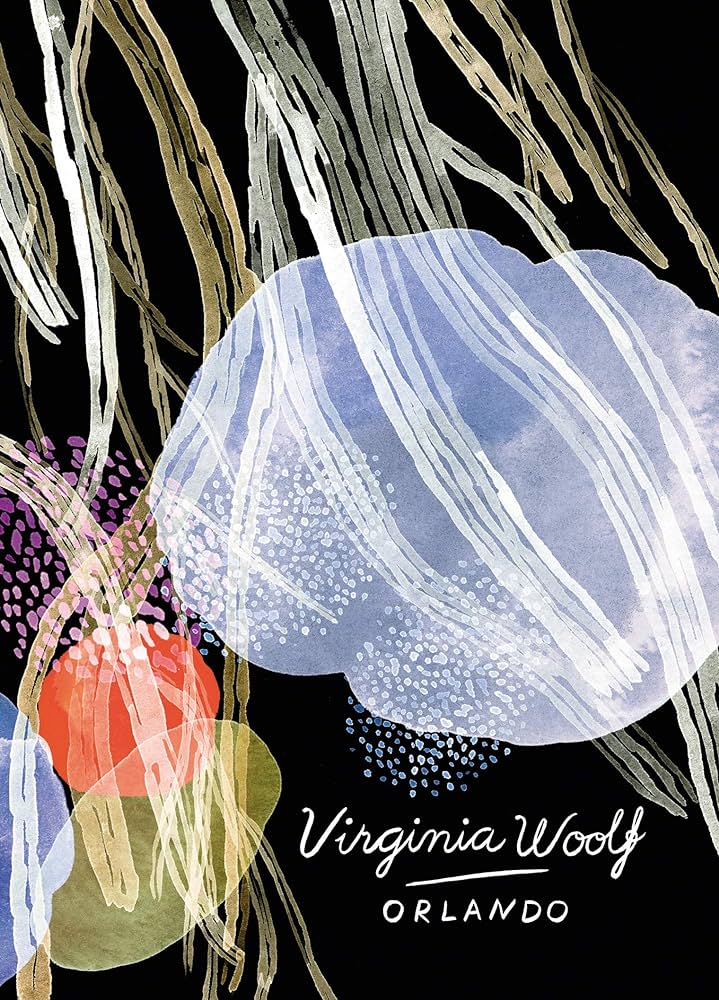
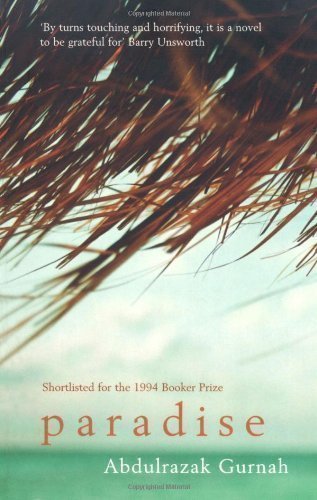
[option oral] Abdulrazak Gurnah, Paradise
Cours assuré par Françoise Král.
